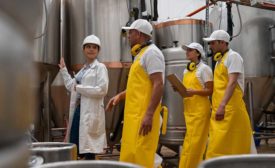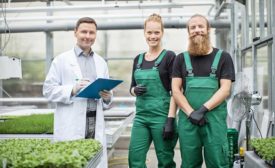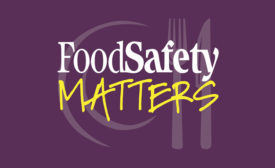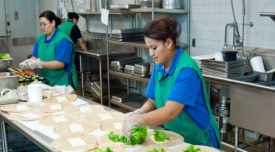Culture
To what extent do established food safety culture cornerstones apply to the local foods segment of the food industry?
Read More
Strategies for Managing Temporary Workforce in Food Manufacturing
Temporary employees can be a cost-effective staffing resource for a food manufacturing facility; however, they can also bring some challenges
February 13, 2024
Collective Responsibility for Food Safety and Quality in Food Manufacturing
Food safety and quality are not just the responsibility of one team; they are the shared responsibility of every individual within the organization
February 13, 2024
Developing Food Safety Leadership Skills: Building the Workforce of Tomorrow
What does it take to be a great food safety leader?
February 13, 2024
BIZTRACKS
Spring Coaching Program for Technical Food Safety Professionals
January 16, 2024
Food Safety Culture: Moving from Checklist to Practice in 2024
A look at how whole-being competencies support technical leaders to shift culture through daily interactions and behaviors
December 12, 2023
Never miss the latest news and trends driving the food safety industry
eNewsletter | Website | eMagazine
JOIN TODAY!Copyright ©2024. All Rights Reserved BNP Media.
Design, CMS, Hosting & Web Development :: ePublishing









